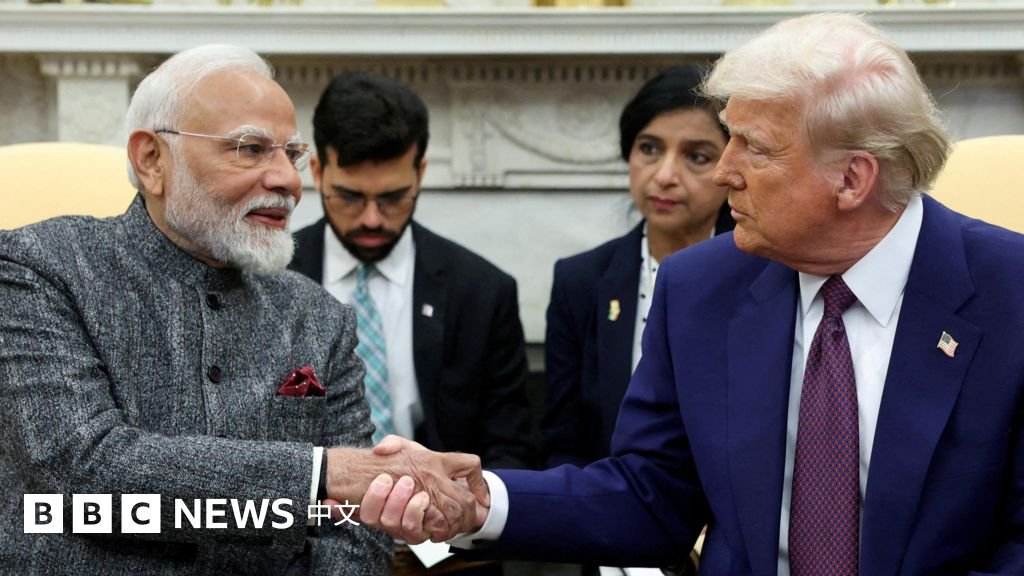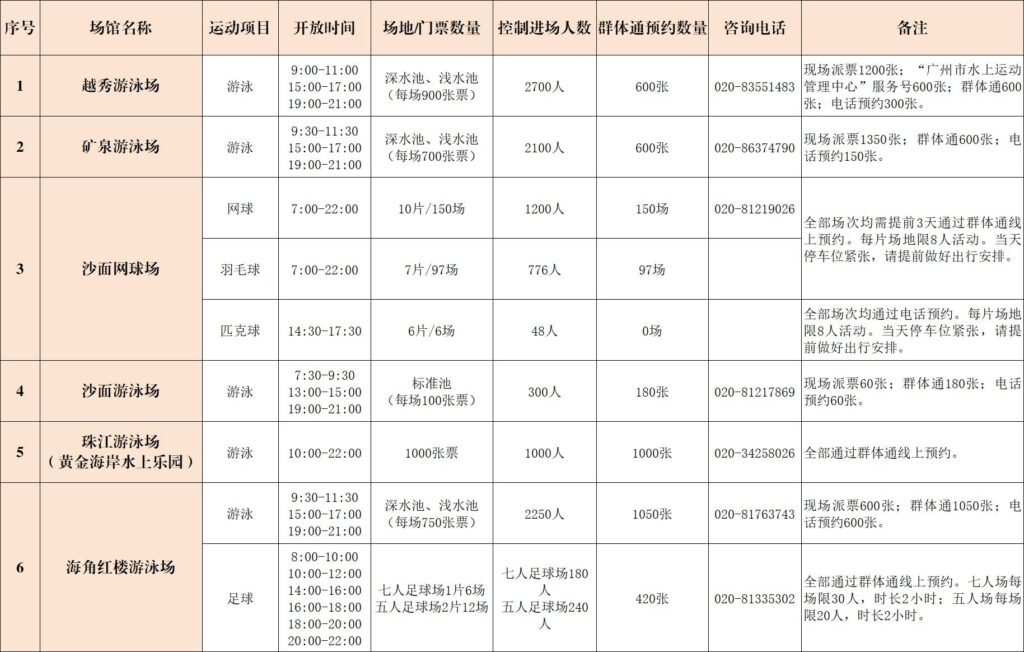In a recent development, Donald Trump has accused India, a country he once referred to as a ‘good friend,’ of aiding Russia in its war on Ukraine by purchasing Russian oil. This has strained the relationship between Trump and Indian Prime Minister Modi. Trump’s discontent stems from India’s decision to buy Russian oil and impose new taxes on it, which has led to tensions between the two nations.
Since the beginning of his second term, President Trump welcomed Indian Prime Minister Modi as one of the first world leaders to visit Washington. At the time, they referred to each other as ‘good friends’ and set the ambitious goal of increasing bilateral trade to $500 billion by 2030. However, in less than six months, the bilateral relationship took a nosedive.
The escalating tensions between the United States and India have sparked concerns about the future of their alliance. The accusation of India supporting Russia in the Ukraine conflict has strained the ties between Trump and Modi. This turn of events has put a strain on the friendship between the two leaders and has raised questions about the future of their once-promising relationship.
The situation has drawn attention to the complex web of international relations and strategic alliances in the global arena. The geopolitical implications of India’s actions in purchasing Russian oil and the subsequent imposition of taxes are being closely watched by analysts and policymakers around the world. The fallout from these developments could have far-reaching consequences on the geopolitical landscape.
As the world watches the unfolding drama between the United States, India, and Russia, the future of the strategic balance in the region hangs in the balance. The rift between Trump and Modi over India’s dealings with Russia underscores the delicate nature of international relations. The repercussions of this conflict could reverberate across the globe, affecting not only the countries directly involved but also the broader geopolitical landscape.




